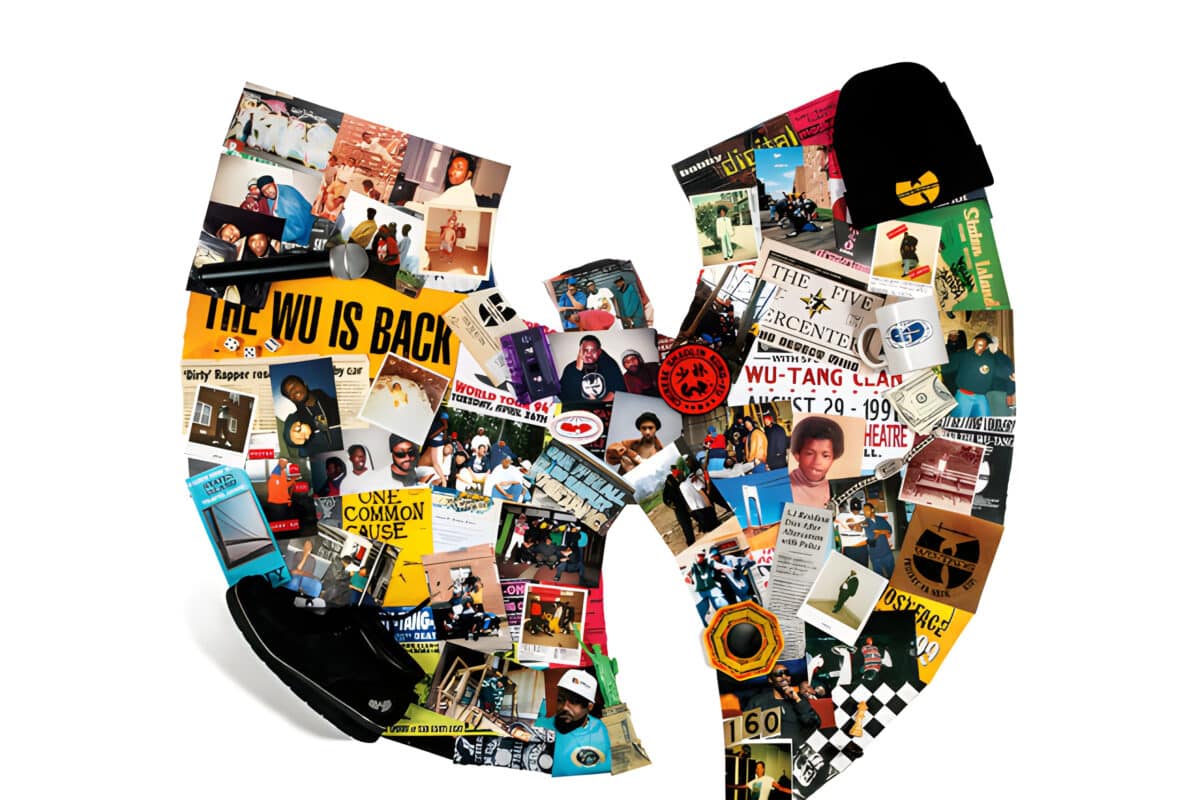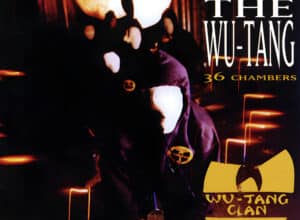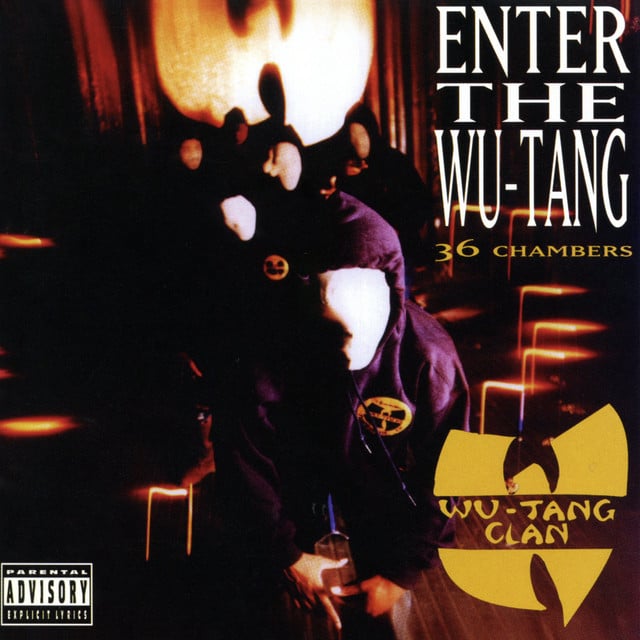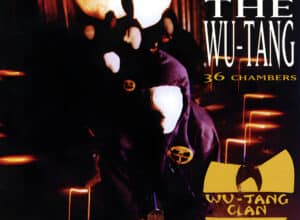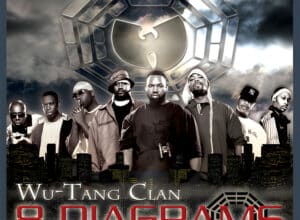Released: 2019
The song “Project Kids” by Wu-Tang Clan featuring Nas dives into the transformative power of hip-hop and the significance of Wu-Tang Clan’s influence within the music industry. It’s a reflective piece, largely narrated by Nas, expressing a shared experience of growing up in challenging environments and how Wu-Tang Clan’s presence in the hip-hop world made an indelible mark. The track conveys a deep sense of kinship and respect amongst artists emerging from similar backgrounds, capturing a cultural legacy.
At the heart of “Project Kids,” the song’s hook resonates with themes of resilience and collective identity. The phrase “project kids” refers to individuals growing up in public housing projects, often in environments rife with socioeconomic challenges. By aligning themselves with Wu-Tang, Nas highlights a kinship, emphasizing that, despite struggles, these “project kids” possess a profound sense of creativity and brilliance. The language used here is relatable, an acknowledgment of a shared experience and triumph over adversity.
The introduction, where Nas reflects on his experiences with Wu-Tang Clan, sets a personal tone for the narrative. It starts with his memory of first hearing about Wu-Tang, conveying a sense of anticipation and inevitability that something remarkable was happening. The words “makin’ a mark” signify Wu-Tang’s rising impact, a foreshadowing of the significant cultural shift they were about to initiate.
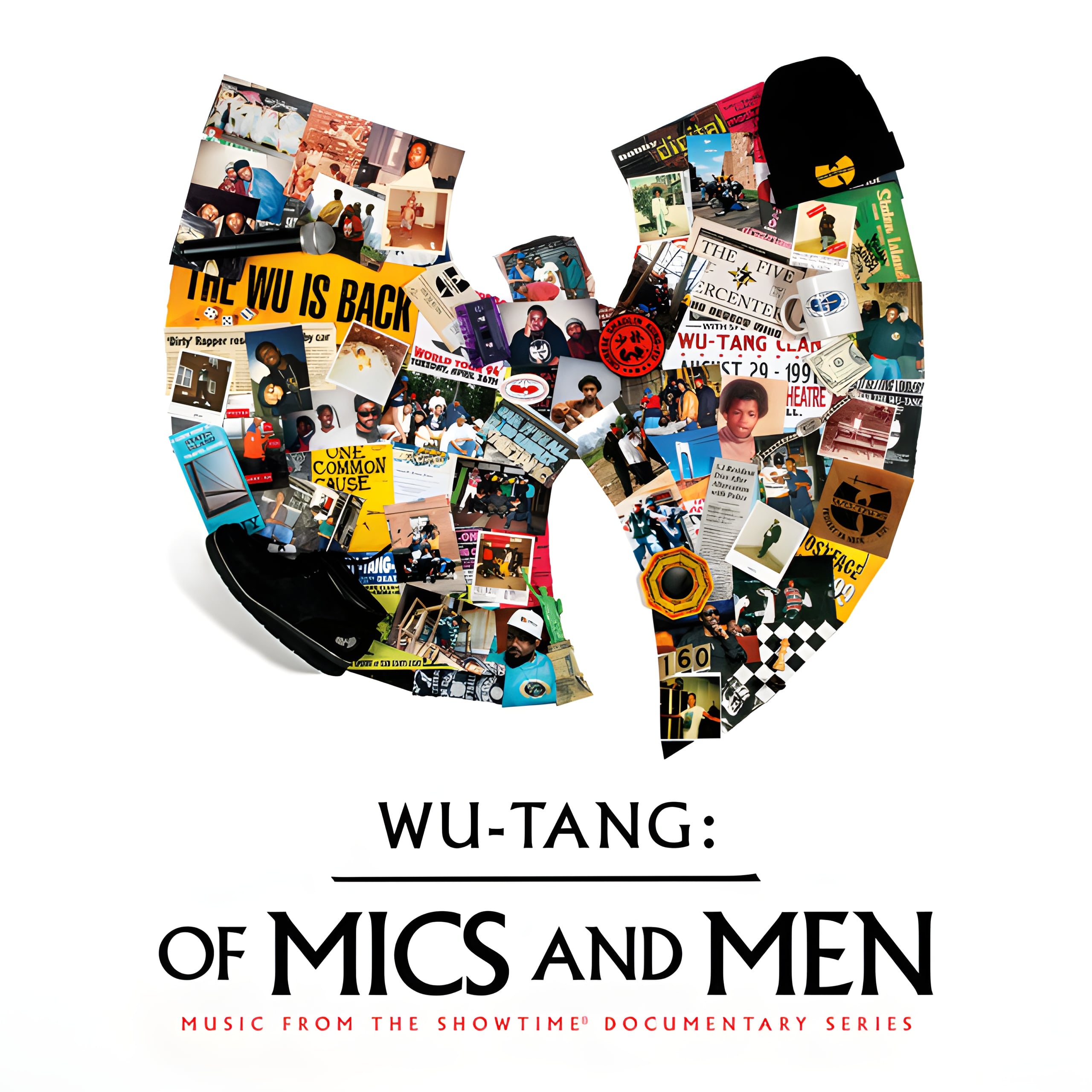
In his reflections, Nas draws comparisons between members of the Wu-Tang Clan and people he knew in his own life. This personalization makes the message more tangible. He says Raekwon and Ghostface Killah remind him of friends from his neighborhood, symbolizing how these artists resonate on a personal level. By calling them “cousins,” he stresses a close connection, a universal brotherhood shared among individuals from similar backgrounds.
This idea of relatability is vital in understanding the song’s impact. When Nas mentions the Wu-Tang Clan “felt it, we smelt it off each other,” he underscores an intrinsic understanding and connection rooted in shared history and struggle. This line captures the essence of authenticity that pervades hip-hop—a mutual recognition and respect for one another’s stories.
As the narrative unfolds, Nas discusses the distinctiveness of the Wu-Tang Clan. Describing them as “eight or nine guys” each capable of representing their unique voices within the group highlights the rarity and genius of Wu-Tang. It’s a testament to the strength of individual creativity that exists alongside collective unity—a blueprint for future artists. Each member brought something singular to the table, yet together they were a force to be reckoned with.
The praise continues as Nas speaks of the impact and legacy of Wu-Tang Clan. Words like “incredible skill,” “poetry,” and “music that no one’s touchin'” suggest a timeless quality to their contributions. This isn’t merely about music but an elevation of cultural consciousness. By venerating Wu-Tang’s influence, Nas illustrates their role in inspiring and shaping the landscape of hip-hop for generations to come.
It’s notable how Nas underscores the respect and admiration Wu-Tang has earned within the hip-hop community. “Honorable” and “show love” encapsulate the camaraderie and solidarity that is crucial within this music scene. Such expressions of admiration not only recognize the talent of Wu-Tang but also advocate for a broader recognition of artists emerging from underrepresented environments.
The reflection ends with a reaffirmation of Wu-Tang Clan’s indelible imprint on the industry. The phrase “timeless” echoes throughout the passage, indicating that their work transcends temporal boundaries. Nas suggests that what they brought to the table—innovation, skill, and authenticity—is not only appreciated but remains unsurpassed.
In conclusion, “Project Kids” is more than a song—it’s a testament to the enduring power of music to inspire, unite, and elevate those who, despite societal odds, manage to break through and make their voices heard. By focusing on the kinship between Nas and Wu-Tang, it serves as an acknowledgment of their shared origins and collective accomplishments. The narrative speaks to the brilliance emerging from adversity, encapsulating the spirit and potential that often arises from these vibrant yet challenging environments.
